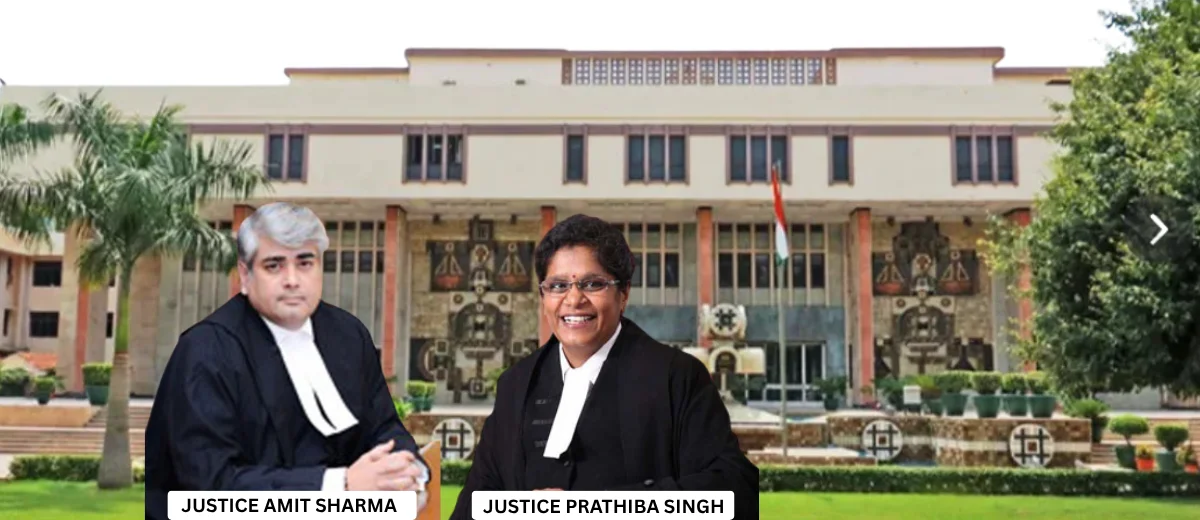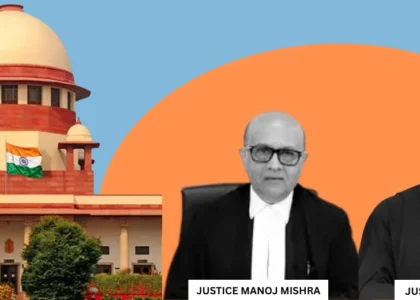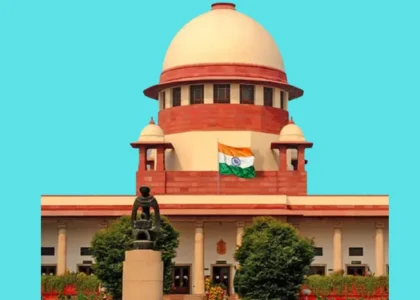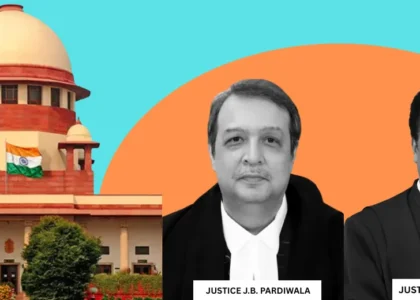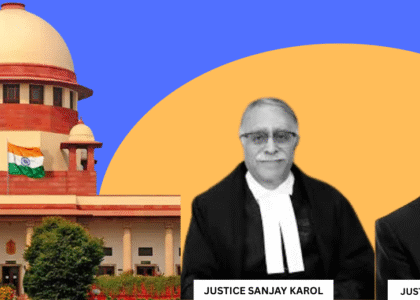Case Title:- COURTS ON ITS OWN MOTION IN RE: SUICIDE COMMITTED BY SUSHANT ROHILLA, LAW STUDENT OF I.P. UNIVERSITY
Citation:- W.P.(CRL) 793/2017
Date:- 03.09.2025
Hon’ble Delhi High Court Bench:- JUSTICE PRATHIBA M. SINGH and JUSTICE AMIT SHARMA
The Hon’ble Delhi High Court ruled that no student enrolled in any recognized law college university or institution in India shall be detained from taking examination or be prevented from further academic pursuits of career progression on the ground of lack of minimum attendance.
The Hon’ble Delhi High Court has ruled that no student of any recognized law college or university in India can be stopped from writing exams or continuing studies because of low attendance. The Hon’ble Court gave this judgment while closing the suo motu case related to the suicide of Sushant Rohilla, a student of Amity Law School, Delhi, who died by suicide in 2016 after being allegedly harassed over attendance shortage. The Hon’ble Court said attendance should not be forced through fear of detention. Instead, teachers should make classes engaging so that students attend voluntarily.
The Hon’ble Court said that strict attendance rules cause mental stress and trauma among students and, in some cases, even lead to suicides. The Hon’ble Court further held that attendance rules in education, especially in law schools, must be flexible, not rigid. They should be updated in line with the National Education Policy (NEP) 2020 and UGC Regulations, which promote multi-disciplinary and online learning.
The Hon’ble Court observed that legal education is not limited to classrooms. Activities such as moot courts, legal aid work, seminars, court visits, and debates are equally important and should count toward attendance.
Further, The Hon’ble Court directed that every university and law college must set up Grievance Redressal Committees (GRCs) with counselors, psychologists, and 2–3 student representatives to look after student welfare and mental health. The Bar Council of India (BCI) has been directed to re-examine and amend its attendance rules for three-year and five-year LL.B. courses. It must also include credit for practical learning activities like moots and legal aid.
Until Bar Council of India (BCI) completes consultations, no law student in India can be detained from exams or academic progress for shortage of attendance. All law colleges must now upload weekly attendance records online and send monthly notices to parents if a student’s attendance is low. Colleges must provide extra classes (physical or online) or home assignments to help students cover attendance shortage during the semester.
Even if a student fails to meet attendance requirements, they cannot be barred from exams. However, marks may be reduced by up to 5% (or 0.33 in CGPA).
Further, The BCI must prepare and publish a city-wise list of senior advocates, law firms, and institutions willing to offer internships especially for economically weaker and differently-abled students. This list must be published on the BCI and State Bar Councils’ websites within three months and updated regularly.


